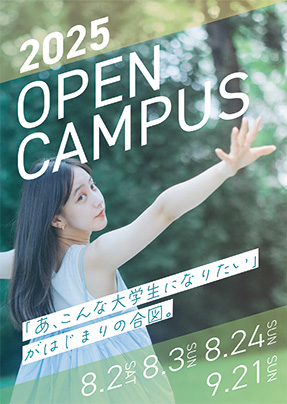Professor
Yukio Maeda

Profile
| Specialized Field | Politics, Peace Studies, International Relations |
|---|---|
| Research theme | Planetary Politics, Political Thought of Peace, Popular Culture and World Politics, Critical Security Studies |
| research content |
|
| Research and Education Policy |
|
| Subjects in charge | Global Issues, Peace Studies, International Politics, Peace Studies, Theme Seminar (American Studies), Seminars I-IV, Human Security Workshop, Human Security Fieldwork, International Peace and Diplomacy Tutorial, etc. |
| Seminar Theme | Planetary Peace Studies: Looking to the post-SDG era and becoming a catalyst for change |
| Main career, work history, and academic background |
|
| Affiliated academic societies and organizations | ①Japanese Political Science Association, ②Japanese Association of International Relations, ③Japan Association of Peace Studies, ④Japanese Association of Political Thought, ⑤Association for General Anthropology, ⑥International Studies Association (ISA) |
| Main Papers and Publications | Publications "Thinking about World Politics I and II" (co-authored and co-edited, Kokusai Shoin, 2010) "International Politics: An Introduction to Global Political Economy" (co-author, Horitsu Bunkasha, 2011) "30 Books for Global Political Theory" (co-author, Jinbun Shoin, 2011) "EU Regulatory Power" (co-author, Nihon Keizai Hyoronsha, 2012) "100 Books to Think About Peace +α" (co-author, Horitsu Bunkasha, 2013) "Historical Development of the Concept of Politics, Vol. 7" (co-author, Koyoshobo, 2015) "Democracy and Security: Rethinking Politics in the Age of Globalization" (co-author, Horitsu Bunkasha, 2018) His publications include "Is International Politics Over? A Response from Japan" (co-author, Nakanishiya Publishing, 2018). paper "Issues of Governability from the Perspective of Passports and Visas: Acceleration of Mobility and Deepening of Control through E-Passports and Confinement to the African Continent" (peer reviewed), International Politics (155), 2009 "A Genealogy of Japan’s Governance under the U.S. Nuclear Regime: An Approach from the Military-Industrial-Media-Entertainment-Network," East Asian Review(15), 2014。 "The Emergence of 'Planetary Politics' from the Perspective of Climate Change: Reassessing Theoretical Presuppositions to Address the 'Anthropocene' Era" (peer reviewed), Border Studies (8), 2018 “From structural violence to ‘slow violence’: Towards a renewal of space-time understanding for planetary peace studies” (peer reviewed), Peace Studies (54), 2020, etc. translation Johan Galtung, "Introduction to a Grand Theory: A Mini-Theory of Peace," Introduction to a Grand Theory of Peace (ICU 21st Century COE Series), Fukōsha, 2007. John G. Ruggie, Winning the Peace: How America Built the Postwar Order (translated with Yoshimitsu Onozuka), Iwanami Shoten, 2009 Richard Falk, Power Shift: Towards a New World Order (co-translated with Chiba Makoto et al.), Iwanami Shoten, 2020, etc. |
| Message | "All men of depth have the blissful thought of one day becoming like a flying fish, frolicking on the edge of the waves." Nietzsche, "The Joyful Knowledge", p. 256 |
| Specialized Field | International Politics |
|---|---|
| Research theme |
|
| research content |
|
| Research and Education Policy | In future research, I would like to conduct a comprehensive study of the meaning of the "material turn" in the fields of international politics, political geography, political theory, peace studies, etc. As for educational policy, I would like to sincerely engage with students so that I can pass on the knowledge necessary to nurture talent that embodies the "culture of peace" that will support Soka education in the future. |
| Message | In any case, please build up your intellectual stamina. Do not be satisfied with a closed and limited space for discourse, but be greedy to take in new wisdom. Our founder once said, "A river is clean because it flows. If the flow of the river stops, the water will immediately become rotten. It's the same with people. People who are on the move, who are constantly thinking, don't rot. Things always move forward purely, like the flow of a river." (Takamura Tadanari, Soka University Communication Teachers Forum No. 5, 2011, p. 24) From now on, only those who can truly create value will remain. True value will be questioned. So please keep reading books and continue the work of connecting these pieces of knowledge. |


